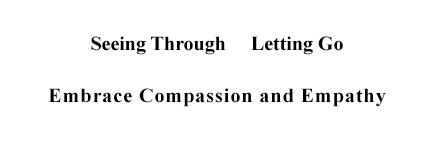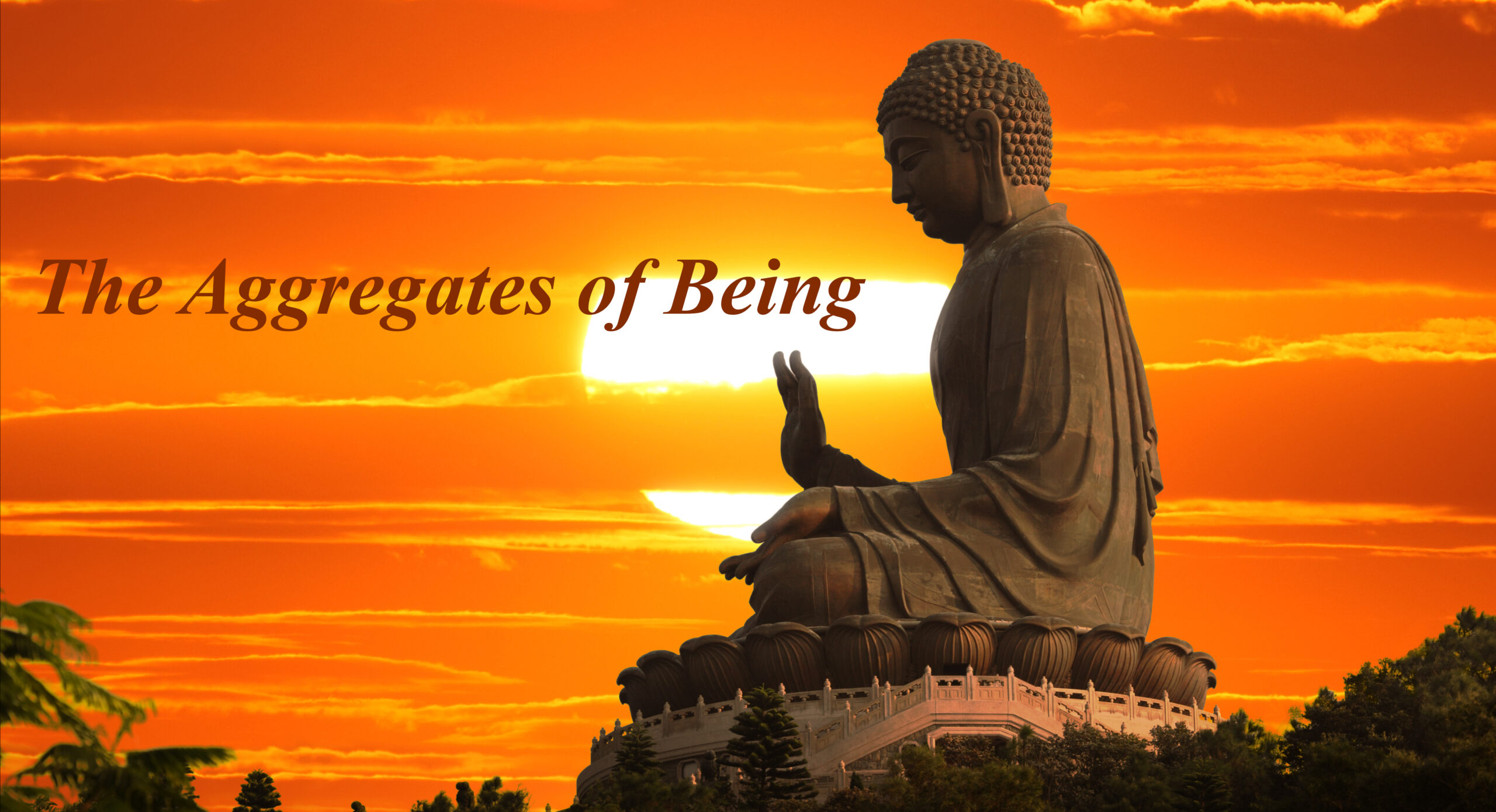Epistemology
25. Epistemology (v) The Five Aggregates
In this post, we discuss the Five Aggregates. Aggregate is known in Sanskrit as skandha. Skandha (Chinese=蘊), according to The Princeton Dictionary of Buddhism, is…
24. Epistemology (iv) The Wordless Sermon
In this post, we discuss Buddha’s most unique sermon on epistemology in his Flower Sermon, conducted in response to the question, “If there is any…
23. Epistemology (iii) Inference and Direct Perception
After discussing the use of inferentially connected words as a means of human knowledge and its limitations, in this post, we discuss Buddha’s two means…
22. Epistemology (ii) Kalama Sutta
In this post, we discuss Buddha’s teachings in the Kalama Sutta regarding using word-based knowledge in the search for Truth. Kalama Sutta (Chinese=卡拉瑪經), also known as…
21. Epistemology (i) Inferentially Connected Words
In this post, we start discussing epistemology, a topic fundamental to understanding why Buddhism is unique and why Buddha can teach the Ultimate Reality of…
20. After the Verifications: Realizing the Full Potential
Among the heroes in the pantheon of Chinese mythology, the Monkey King takes a prominent position. Monkey King originated from the novel Journey to the…







